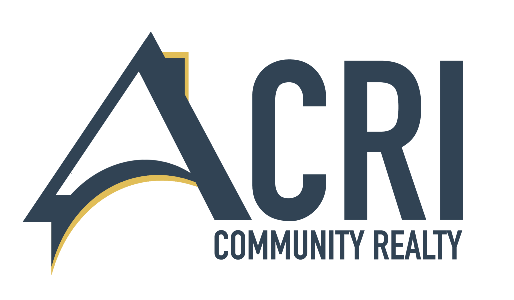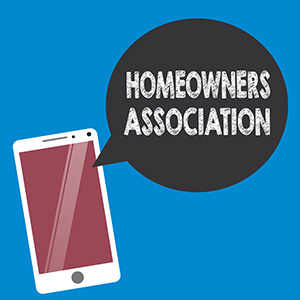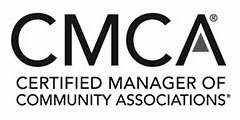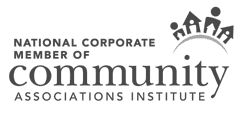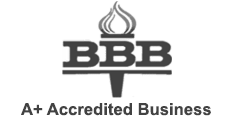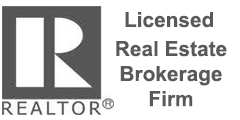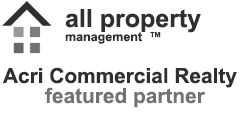What is a homeowner Association?
A homeowner association is historically a non-profit corporation created by a developer when a community is in the planning stages and before selling the first home. Membership in a homeowner association is mandatory. The association is governed by a board of directors, which initially is the developer and his representatives. We have broken down the parts of the “WHAT IS A HOMEOWNERS ASSOCIATION?” into Four points to make it all understandable.
1. Is a homeowner Association a Non-Profit?
Practically all incorporated homeowner associations are subject to state laws governing non-profit corporations. Most states also have additional laws governing condominiums and homeowner associations. These laws vary widely by state. Besides, homeowner associations are also subject to federal laws governing everything from fair housing to satellite dishes, service animals, disabilities, and swimming pools. Federal, state, and local law in all cases supersede HOA laws in all cases.
2. What Governs a Homeowner Association?
Practically all homeowner associations have their own governing documents in the form of covenants and bylaws. The restrictive covenants prepared by the developer are recorded with the deed and are legally binding. The restrictive covenants are intended to define the standards of the community to protect property values. Covenants can vary widely from one association to another; there is no set standard. The Governing Documents as a whole as set forth govern the same way that the Constitution is set up. Governing Documents can control everything from parking to fences, sheds, any architectural improvements such as porches, pools, and home additions. Oftentimes exterior paint colors are clearly defined. A multi-floor property balcony, decor, plants, and hardwood floors may be controlled to provide a sound barrier. Folks who purchase homes in a community with a homeowner association typically place value on community appearance. It is nice to know that neighbors can be held to higher appearance standards, like overgrown yards with weeds, cracked pavement, driveways, trash storage, or the parking of boats and RVs in the driveway. They cannot typically ignore exterior maintenance or paint their house with unapproved color schemes.
3. What types of amenities can you expect to see in a Homeowner Association?
Many homeowner associations benefit from shared amenities such as:
-
- Pools
- Tennis, Basketball and Pickleball Courts
- Clubhouses
- Tot Lots
Some exclusive Associations have marinas, stables, and even landing strips for small aircraft. The costs of operating and maintaining the community amenities and other expenses are paid by the members in the form of dues. Dues are mandatory, and failure to pay assessments typically leads to fines, restriction of services, property liens and can ultimately include foreclosure.
4. What does the Board of Directors Do?
After the association is turned over, a board of directors is elected by the homeowners. The primary fiduciary responsibility of the Board is to act in the best interests of the community. Some of the duties include:
-
- Attending board meetings
- Keeping records
- collecting assessments,
- paying bills,
- providing financial reports,
- holding an annual member meeting
- operating the association like a business.
Often, when the duties of operating the association become overwhelming for volunteers on the board, a management company will be hired to perform the day-to-day duties. However, only the board of directors can govern the community, not the management company.
Many people erroneously believe the management company has the power to make decisions. That is not true, the management company works under the direction of the Board of Directors.
In closing, each homeowner association is unique and has its own special needs and operating parameters. Some associations have no amenities, and some have multiple pools, theatres, and community transportation. Along with geographical issues like hurricanes, snowstorms, droughts, sand storms, and tornadoes add to the diversity. There is a lot of difference between a high-rise condo in Miami Beach and a suburban single-family home community in Pennsylvania. Associations benefit when a developer ensures that the community is well-governed and financed during construction. Some communities pick cheap management companies with agents that have no accreditations. At times associations are governed by a board of directors that operate by a code of conduct and are open, fair, and consistent. Then some boards operate covertly and play power games.
